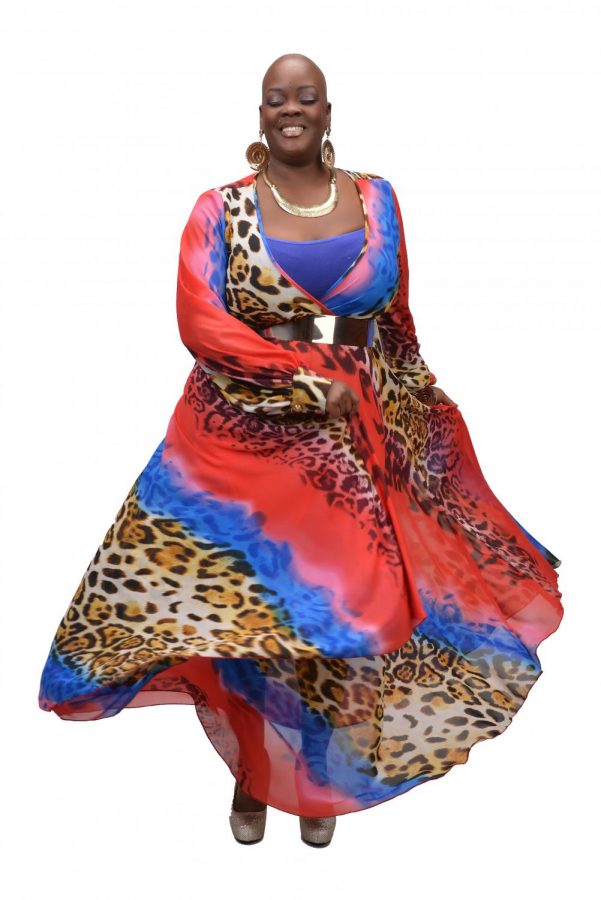Sonya Renee Taylor advocates for radical self love
Sonya Renee Taylor, celebrated poet and author of the book “The Body is Not an Apology,” will be speaking at CWU on Feb. 28 at 8 p.m. in the McConnell Auditorium.
February 21, 2019
Where did you get the inspiration to write your book, “The Body is Not an Apology?”
I got the inspiration from someone saying “hey, you should write a book!” I was approached by a publisher who heard me speaking on a podcast, and I had always thought maybe I’ll write a book about this at some point. The universe just made it really easy. I was like well, it doesn’t get easier than someone bringing you a book deal! So that was where it came from. But the content and the information in the book is the work I’ve been doing for years and so it felt timely.
How do you exemplify body positivity in your everyday life and what is your advice to people who want to show more self love but don’t know where to start?
For me, I bristle with the words “body positivity” because I think it’s come to mean something really flat and apolitical, and radical self love is inherently a political act. So in terms of practicing radical self love in my own life, kind of the way I practice it is by looking at the places where I’m not practicing it. Looking for the places where I am living outside of my inherent belief that I am good enough and worthy just as I am in the body I have today. So anytime I see myself questioning my own value, I give attention to that area and explore, “where is that message coming from Sonya,” and “who told you that? Who is benefitting from you believing that and why are you choosing to believe that?” I start asking myself those questions and that helps me realign with my inherent truth and value, which is radical self love. Notice where you are believing those messages and then question those messages, question why you believe them. Question why you are choosing to subscribe to someone else’s profiting off your self hate.
What was the overall experience of writing your book like? Were there any challenges or anything particularly memorable?
It was incredibly challenging! It’s a great place to practice “where am I in my own radical self love journey?” I posted a while ago, I was like “I’ve written three books and I still have imposter syndrome.” And I still am like “I don’t know if I’m actually good enough, I don’t know if anyone will ever read this, I don’t know if my words matter!” And so all of those questions came up as I was writing this book, you know, all of those questions happened. And then I recognized that there’s just deep indoctrination. I’ve been deeply taught that my voice as a fat, black queer woman isn’t valuable. And so to actively challenge that by writing a book will bring up all the places where that belief is still
deeply lodged. What I really had to do was be like “what is in my way and what do I need to do to move that block? What is in the way of my radical self love being expressed through this book and what do I need to do to remove that barrier?”
College is a time where a lot of people are still finding themselves and are just coming to understand what radical self love means to them. What are your feelings about speaking on a college campus?
I am trying to make an impact. I do it because my goal is definitely to spread this message as far and wide as possible, and I think that college campuses are fresh, fertile ground. I think that young folks are asking questions that when you get older you stop asking because you’re worried about bills. And so I think there are ways in which its the right time to begin. If we’re not going to start with three-year-olds, which I think is where you should start as it relates to the radical self love message because they’re already so close to it. If you’re going to figure out “how do I de-indoctrinate myself from these messages I’ve got?” College is the perfect time to do it because college is a time when we’re asking questions about those messages that we receive. So I love talking on college campuses because I think young people are going to take down these systems prayerfully.



